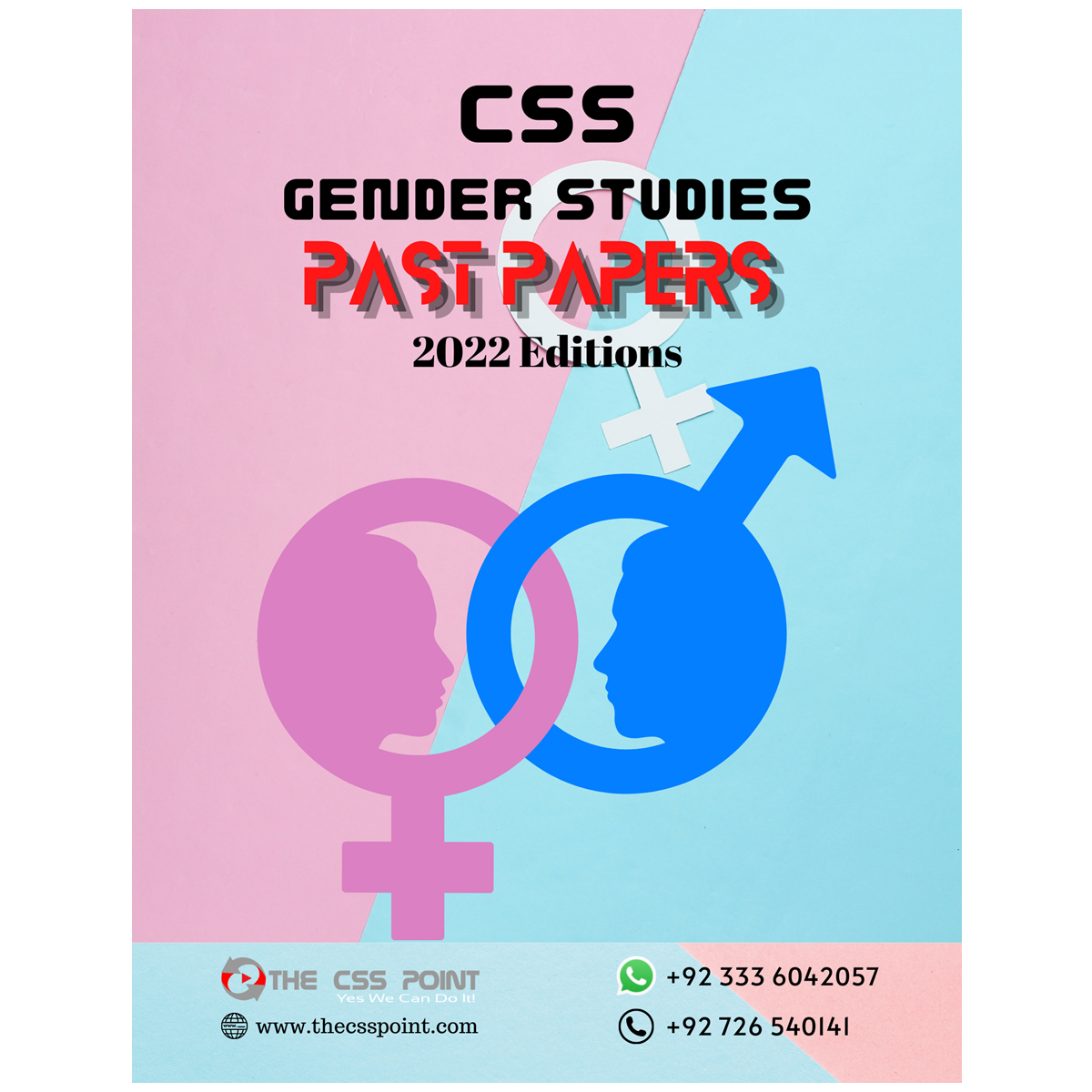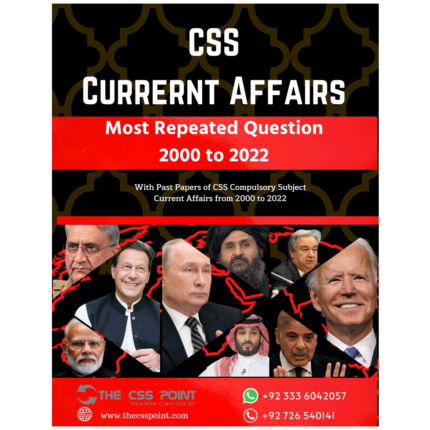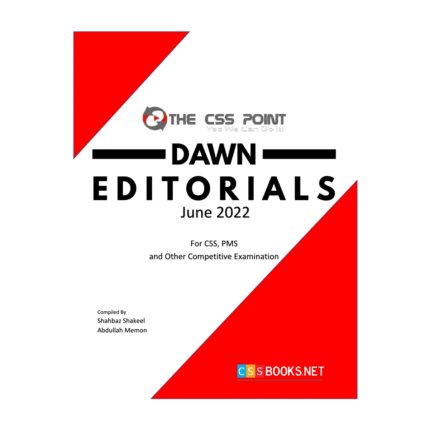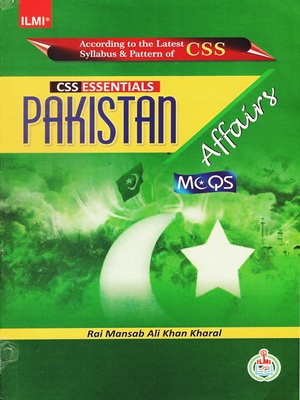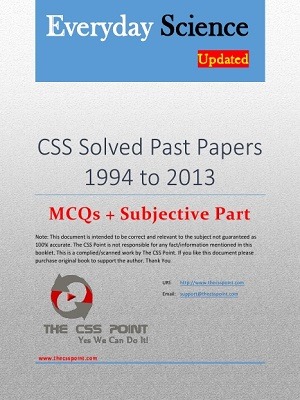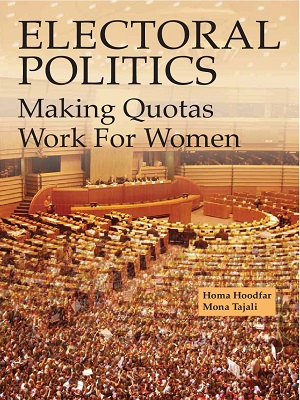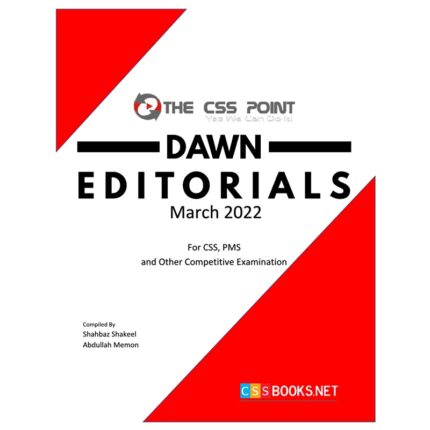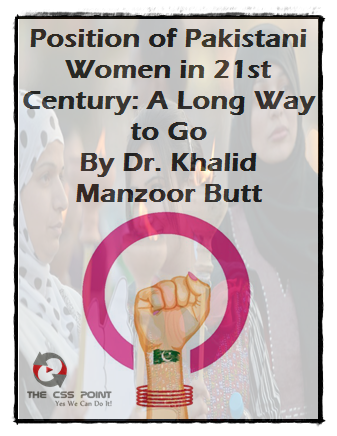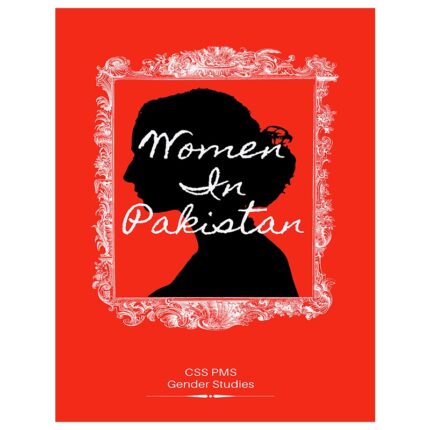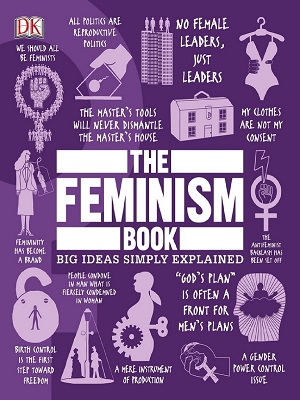CSS Gender Studies Past Papers from 2016 to 2022. Gender Studies is an interdisciplinary field that focuses on the complex interaction of gender with other identity markers such as race, ethnicity, sexuality, nation, and religion. Gender— femininity and masculinity—is such a basic form of social organization that its operation often passes unnoticed. Feminist scholarship demonstrates that traditional categories used for social analysis and their accompanying interpretive approaches often reinforce gender hierarchies and inequalities.
The interdisciplinary study emerged in response to the partial answers to social problems provided by the disciplines, and our faculty employ a wide range of qualitative research methods for understanding gender roles across historical periods and in different cultural contexts. Our core courses address the concepts of gender and the body, gender and power, and gender and knowledge through a range of topics such as freedom and liberty, social movements, masculinities, work and leisure, politics of social justice, intersectionality, colonial and sexual violence, and visual culture and citizenship. CSS Gender Studies Past Papers from 2016 to 2022
Gender studies ask what it means to make gender salient, bringing a critical eye to everything from labor conditions to healthcare access to popular culture. Gender is never isolated from other factors that determine someone’s position in the world, such as sexuality, race, class, ability, religion, region of origin, citizenship status, life experiences, and access to resources. Beyond studying gender as an identity category, the field is invested in illuminating the structures that naturalize, normalize, and discipline gender across historical and cultural contexts. CSS Gender Studies Past Papers from 2016 to 2022.
At a college or university, you’d be hard-pressed to find a department that brands itself as simply Gender Studies. You’d be more likely to find different arrangements of the letters G, W, S, and perhaps Q and F, signifying gender, women, sexuality, queer, and feminist studies. These various letter configurations aren’t just semantic idiosyncrasies. They illustrate the ways the field has grown and expanded since its institutionalization in the 1970s.






